#OTD on February 7, 1919, the seventh day of the Joint Committee of the Senate and the House in the Investigation of the Texas State Ranger Force (hereafter, “Canales Hearings”) took place in the Texas state capitol.
On this day, more evidence was introduced of Ranger violence against both Mexicans and Anglos, and its political consequences for Mexican Americans https://www.tshaonline.org/handbook/entries/joint-committee-of-the-senate-and-the-house-in-the-investigation-of-the-texas-state-ranger-force-canales-investigation
Jesús Villareal, a Duval County constable, testified about being held, tortured, and threatened by Rangers John Edds and Royal Collins the previous September. A ranger asked for a ride to his camp while Villareal was bringing his nephew and another to a wedding in Falfurrias.
Edds and Collins put a cocked pistol in Villareal’s mouth and demanded that he confess to driving his passengers to Mexico to avoid the draft.
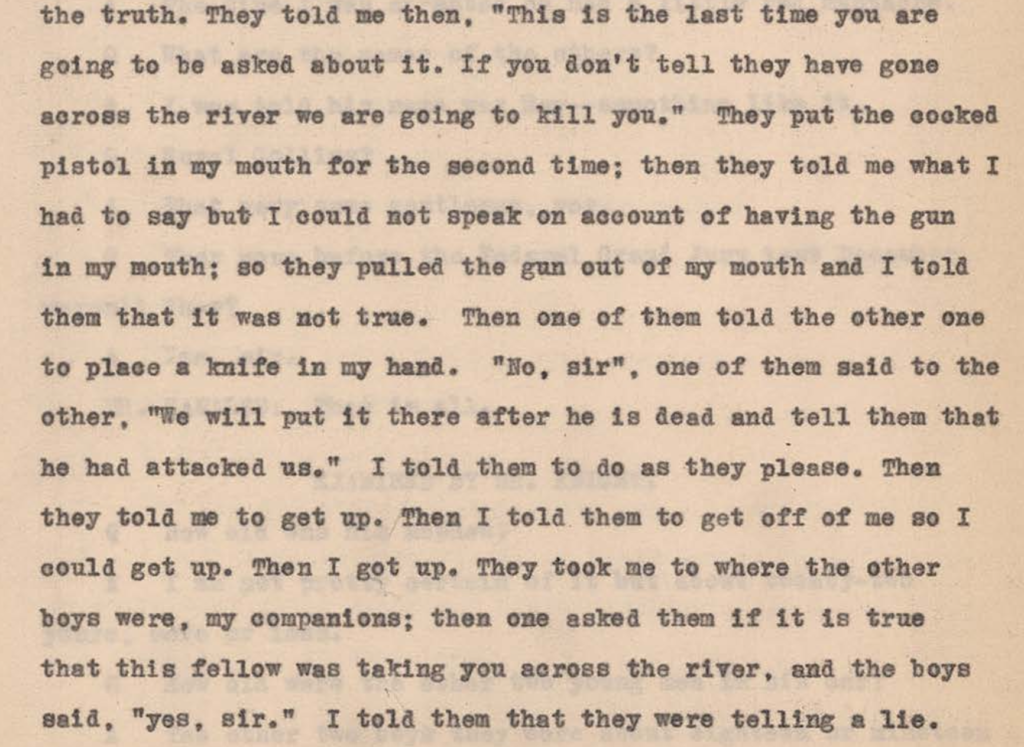
Villareal’s testimony is important because it shows not just Ranger violence, but their disrespect for Mexican-American officeholders. South Texas was one of the few places left in the country where non-white people served in such positions as constable.
Edds testified next. He denied the allegations of torture and said Villareal was transporting men trying to avoid the draft. As of late December 2022, Edds’ revolver was for sale, with a high price tag and his border service featured. https://www.gunsinternational.com/guns-for-sale-online/revolvers/-38-revolvers/texas-ranger-sargent-john-j-edds-documented-38-caliber-revolver.cfm?gun_id=101708060
Edds had been indicted for second degree murder in another incident. Ranger attorney Knight impugned these accusations and Villareal’s testimony by observing that the Grand Jury members had Hispanic last names and thus operated with “racial prejudice.”
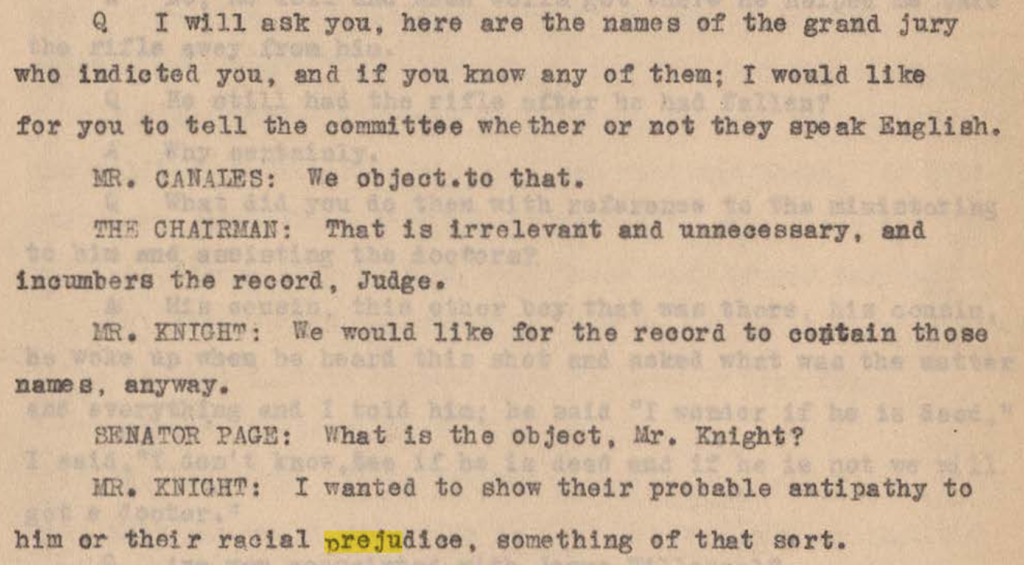
The willingness to threaten Mexican-American office holders extended to Canales himself, as Brownsville Commissioner Jesse Dennett testified. Ranger Frank Hamer confirmed to Dennett that he told Canales he was “going to get hurt” if he kept saying bad things about Rangers.
Hamer, one of the most legendary Rangers, is in the @txrangermuseum Hall of Fame. It is noteworthy that a law officer threatened the only non-Anglo state legislator, but Hamer’s entry does not mention this as a part of his legacy. https://www.texasranger.org/texas-ranger-museum/hall-of-fame/francis-augustus-frank-hamer/
Other Anglo witnesses testified about Ranger brutality and the difficulty of holding such Rangers accountable. Oscar Dancy, formerly Canales’ law partner and now Cameron County Attorney, discussed the case of Florencia García. García was last seen in the custody of Rangers Sadler, Sittre, and Lock, but disappeared. Several months later, his father identified clothing on a skeleton found in the chaparral as belonging to him. Dancy thought an indictment of the three Rangers for murder was appropriate, but balked because he feared the Mexican consul and German government would use it as wartime propaganda. Dancy also implied that a grand jury would not return an indictment because there were fewer and fewer Mexican Americans who served on them.
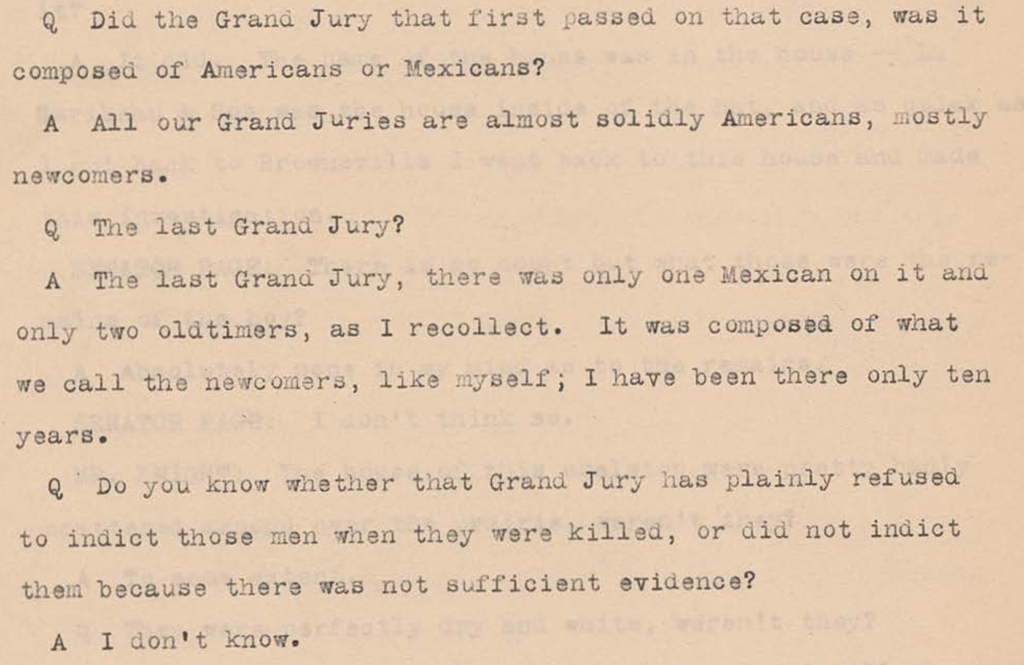
Two other prominent Anglos gave testimony that bolstered charges against the Rangers. Sheriff W.T. Vann testified that Ranger Captain Harry Ransom arrested four men suspected of participating in the October 1915 attack on a train in Cameron Co.
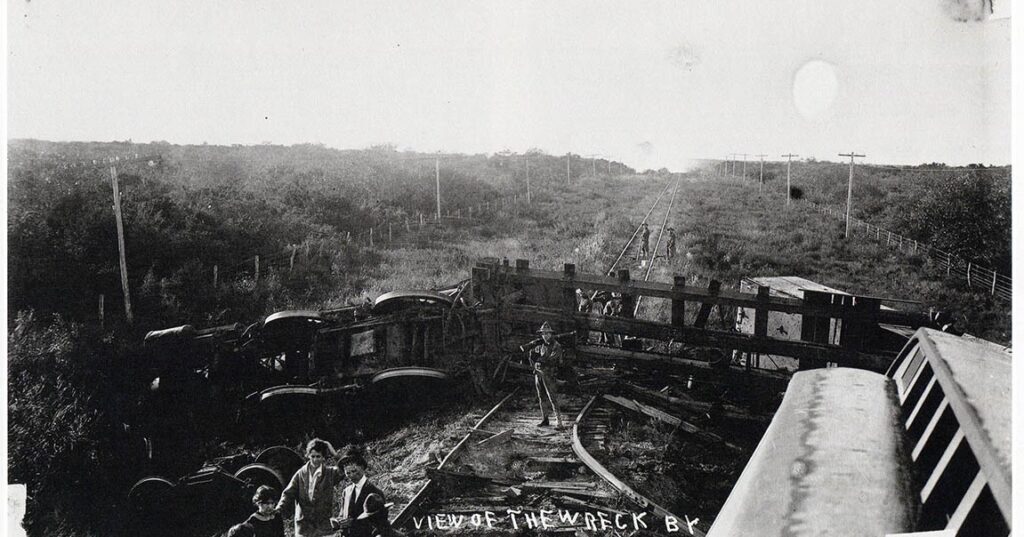
Ransom told Vann that he was going to kill them and asked Vann to join in. Vann declined, then Ransom replied, “[I]f you haven’t got guts enough to do it, I will do it myself,” then did. Vann refused to hand over two other prisoners.
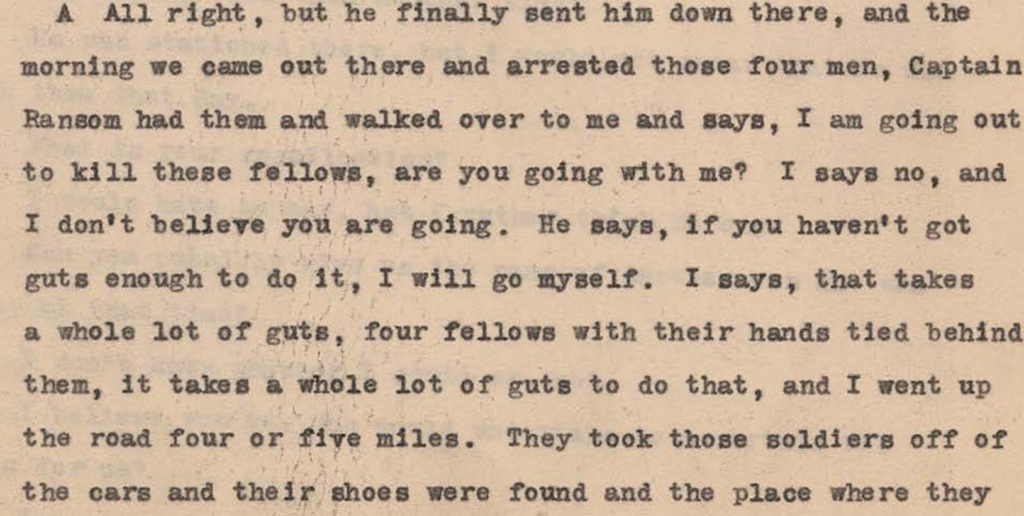
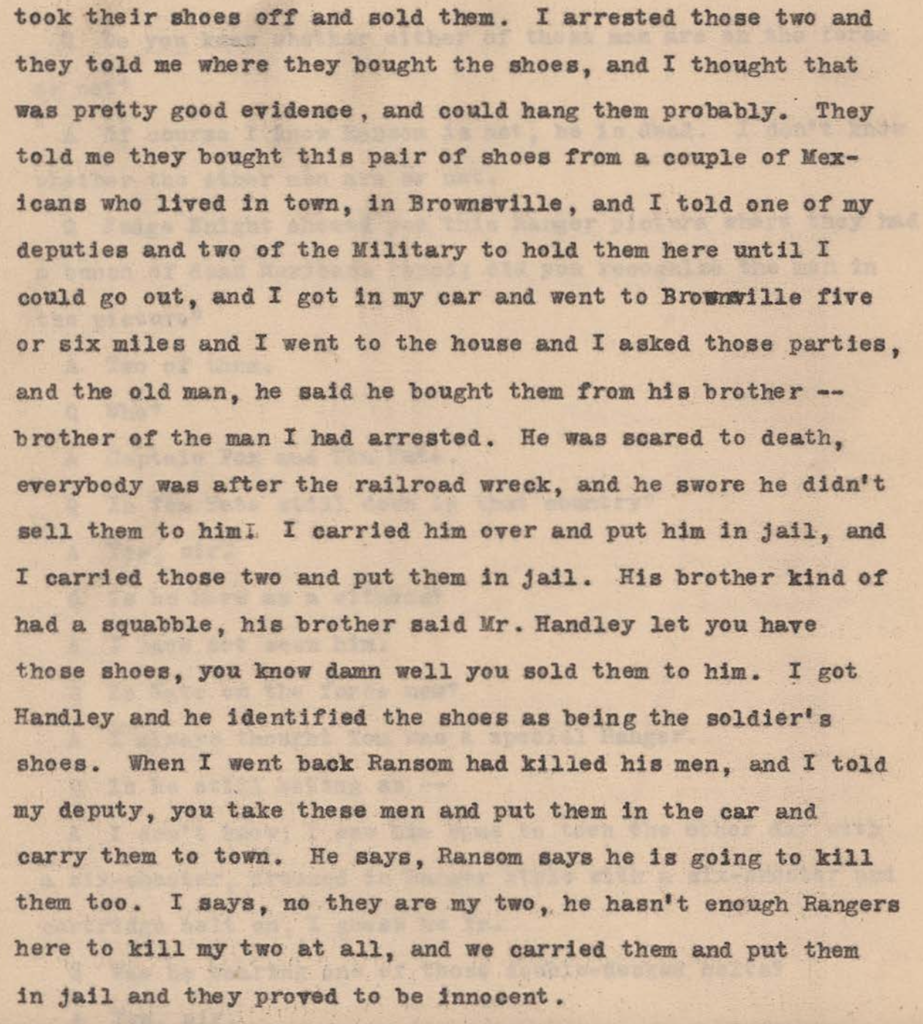
Coroner H.J. Kirk recounted that families often asked him to accompany them to bury their slain members because they were “afraid that the Rangers would shoot them.” He told of being asked to help with twenty bodies on Jeff Scrivener’s ranch.
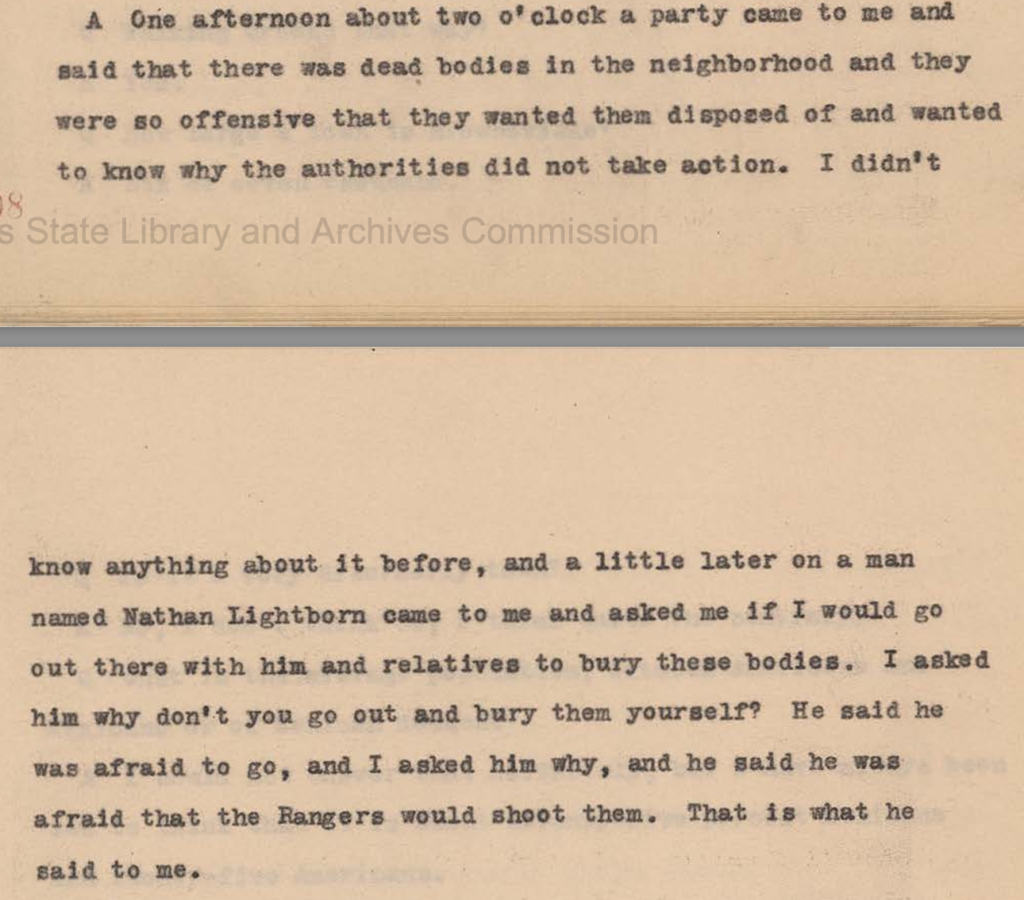

Kirk also alludes to another sign of mass violence against those of Mexican descent, noting that civilians were fleeing from South Texas into Mexico, then in the midst of revolutionary violence and the migration of perhaps a tenth of its population to the U.S.
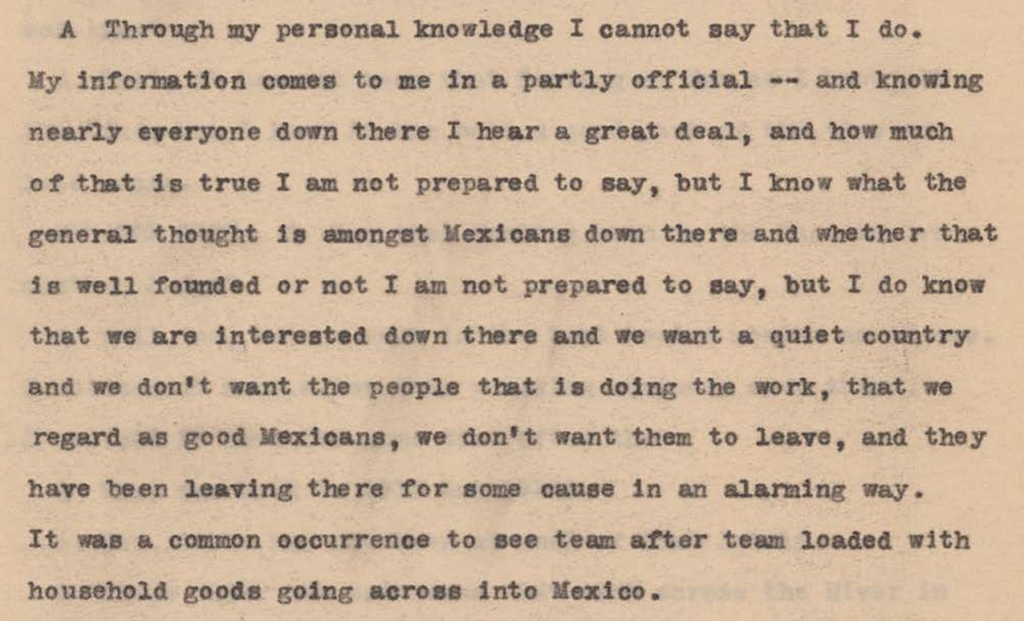
This day captured some of the consequences of Ranger violence for ethnic Mexicans and Mexican American political power. The hearings resumed the next day, treated in our next thread.
This thread is a part of the #OTD in Ranger history campaign that @Refusing2Forget is running this year. Follow this twitter handle or https://refusingtoforget.org/ranger-bicentennial-project/, and visit our website https://refusingtoforget.org/otd-calendar/ to learn more.
Key secondary sources for this thread include:
@BenjaminHJohns1’s Revolution in Texas (pp 169-175)
@MonicaMnzMtz’s The Injustice Never Leaves You (182-216)
Reverberations of Racial Violence
and Ribb, “Reader’s Guide to the Canales Hearings”

